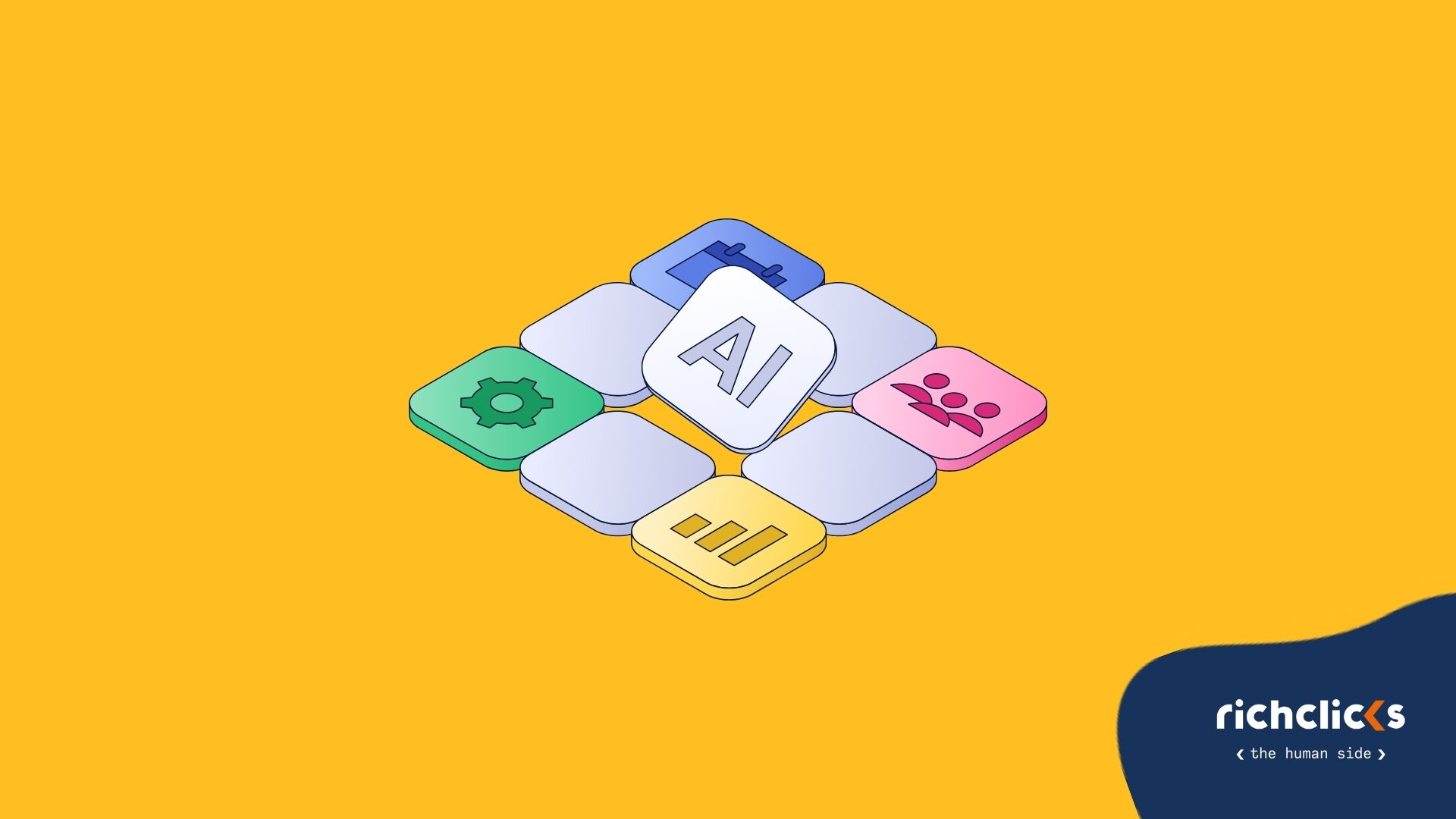The future of shopping: exploring Retail 4.0

The retail world is undergoing an unprecedented revolution, embracing the innovative concept of Retail 4.0 or Retailing 4.0. A wave of digital transformation is sweeping through the industry, shaping the customer experience, optimizing operations, and redefining the very concept of retail.
At the core of this revolution are cutting-edge technologies such as Artificial Intelligence (AI), data analysis, the Internet of Things (IoT), Virtual and Augmented Reality (VR and AR), mobile and digital payments, and cloud computing. When combined, these technologies empower retailers to personalize shopping experiences, forecast market trends, and manage inventory in real-time.
Beyond product sales: a mew mindset in retail
Retail 4.0 goes beyond simply selling products: it is a change of mindset that emphasises connection and interaction with customers, both online and offline. Omnichannelality becomes crucial, transforming retailers into relationship builders, based on a deep understanding of consumers' needs and preferences.
Some examples? Let's look at some concrete impactful innovations:
- Liu Jo and Virtual Reality: Liu Jo utilizes virtual reality to perfect store layouts, allowing visuals to remotely inspect store setups through smart glasses.
- Botbar Coffee in New York: A bar entirely managed by a robot, ADAM, serving as a barista and entertaining customers. An extreme Retail 4.0 experience freeing human staff from repetitive tasks.
- Zalando and Virtual Fitting Rooms: Zalando experiments with virtual fitting rooms, enabling customers to create 3D avatars and virtually try on products, taking online clothing trials to new heights.
- Amazon Go: Amazon's hi-tech supermarkets revolutionize the shopping process, eliminating checkout counters and allowing shoppers to pick up products without going through any checkout.
Perks and challenges of Retail 4.0
In this fascinating scenario mixing the adoption of innovative technologies and the flexibility of personalised choices, the intrinsic advantages of Retail 4.0 emerge unequivocally, outlining a dynamic and future-oriented landscape for the retail sector:
- Personalized Experience: Thanks to AI and data analysis, retailers offer personalized experiences.
- Operational Efficiency: Automation reduces errors and improves efficiency, as demonstrated by the use of robots for inventory management.
- Inventory Management: IoT and data analysis enable real-time inventory management, reducing the risk of overstocking or understocking.
- Accessibility and Convenience: E-commerce and mobile shopping apps enhance convenience for customers.
However, as with any evolution, challenges also arise:
- Data Security: With the intensive use of digital technologies, data security becomes a critical aspect.
- Implementation Costs: Adopting new technologies requires significant investments.
- Technological Dependency: Possible dependence on technology could lead to disruptions in operations if there are malfunctions.
- Digital Skills: The transition requires adequate training of staff to effectively use new technologies.
Navigating the Digital Future of Retail
In conclusion, Retail 4.0 presents an unprecedented opportunity for the retail sector. Despite challenges, the advantages far outweigh the disadvantages.
It's time to embrace this digital revolution, constantly adapting and innovating to stay abreast of an ever-evolving digital landscape. The future of retail is (more) digital (than ever), and those who adeptly embrace it with competence and creativity will redefine how we interact with the commerce world.

















